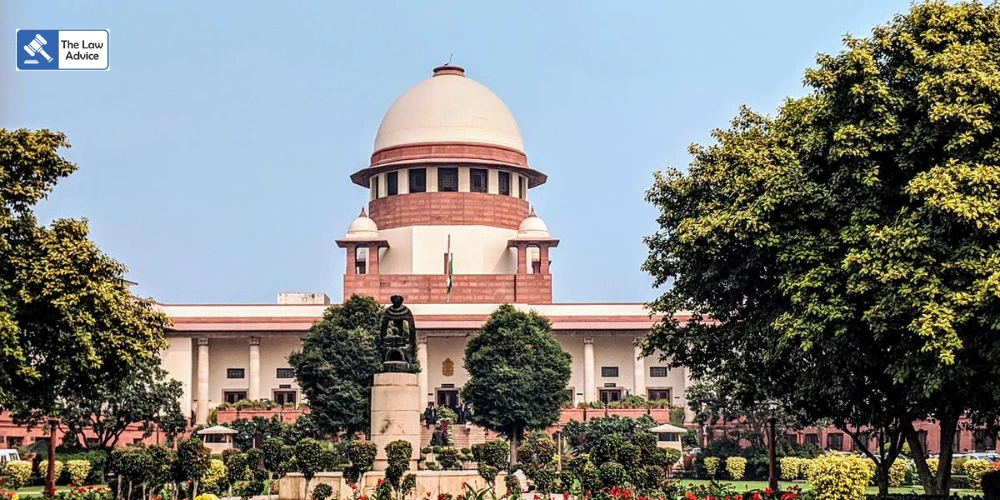The Supreme Court has raised a strong alarm over the steady decline of the long-standing judicial tradition of conducting day-to-day trials in cases of importance and sensitivity. The bench pointed out that such a practice, which was consistently followed three decades ago, has now been “completely abandoned.” Stressing the urgency of reviving this system, the Court emphasized that continuous hearings are vital to uphold the constitutional guarantee of speedy justice, particularly where social or political stakes are high.
A division bench of Justice JB Pardiwala and Justice KV Viswanathan observed that fragmented, non-continuous hearings—where witness evidence is recorded in a piecemeal manner over months or even years—are a major factor behind judicial delays. While resource shortages and case backlogs are frequently offered as excuses, the Court underlined that the adverse impact of such delays far outweighs any administrative convenience.
To remedy this, the Supreme Court directed all High Courts to constitute committees tasked with recommending measures for reinstating the day-to-day trial system at the district level. Further, High Court Chief Justices were advised to issue administrative circulars ensuring:
1. Proceedings in inquiries and trials must be conducted expeditiously.
2. Witness examinations, once begun, should continue without adjournment until all witnesses in attendance are examined—unless special reasons are recorded in writing.
3. Adjournments should not be granted merely to accommodate advocates’ schedules, except under extraordinary circumstances such as bereavement.
4. Section 309 of the Cr.P.C. (now Section 346 of the BNSS, 2023) should be strictly followed, and lawyers’ personal inconvenience shall not be treated as a “special reason.”
5. In situations of non-cooperation:
• If delay is caused through collusion between accused and counsel, the Court may consider cancelling bail.
• If the lawyer alone is uncooperative, the Court may appoint amicus curiae and proceed.
• Costs may be imposed on the accused to compensate witnesses for unnecessary attendance.
• Bail may be cancelled if the accused is absent while witnesses are present, unless a written undertaking is provided.
6. Presiding officers should prepare advance schedules for witness examination after consulting both parties.
7. Summons or process may be routed through the Public Prosecutor to ensure timely service of witnesses.
The bench drew attention to binding precedents and Article 21 of the Constitution, reiterating that a speedy trial is a fundamental right. It expressed dismay that trial courts routinely ignore Section 309’s mandate for continuous hearings, particularly in sensitive matters such as rape trials, which are expected to conclude within two months of filing the charge sheet.
The observations came while hearing the CBI’s plea seeking cancellation of bail granted to Mir Usman @ Ara @ Mir Usman Ali, an accused in a rape case linked to the 2021 West Bengal post-poll violence. Although the Court refused to cancel bail—given that the accused had already been free for nearly a year—it focused its attention on ensuring expeditious trial progress.
During arguments, the bench expressed serious concern that the victim’s testimony, though commenced, had been adjourned until December 18, 2025—a gap of almost four months. The Court warned that such delays risk witness tampering. The trial judge later explained that the adjournment was caused by the victim’s sudden illness in court, coupled with an overburdened docket of 4,731 pending cases, priority custody trials, compliance with arrear reduction orders, and the Durga Puja vacation (September 27–October 23, 2025).
After reviewing the status report, the Supreme Court directed that the victim’s cross-examination be preponed to October 24, 2025. It ordered the Public Prosecutor to ensure her presence on that date. The bench also mandated that once the victim’s evidence is concluded, all other witnesses be examined at the earliest and the final judgment delivered by December 31, 2025.
Finally, the Court directed that a copy of its ruling be circulated to all Chief Justices of High Courts, urging them to revive the day-to-day trial tradition in the larger interest of justice delivery.
